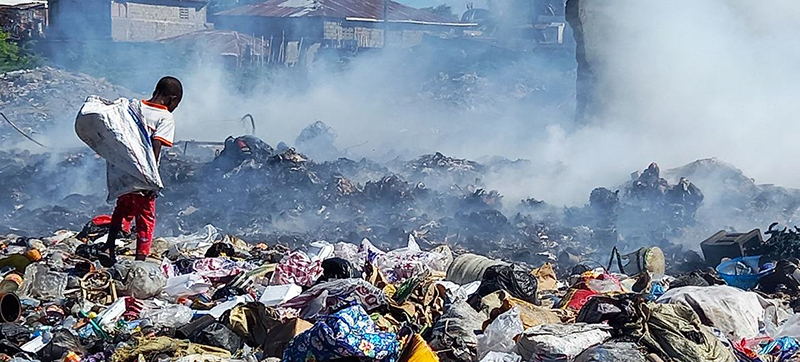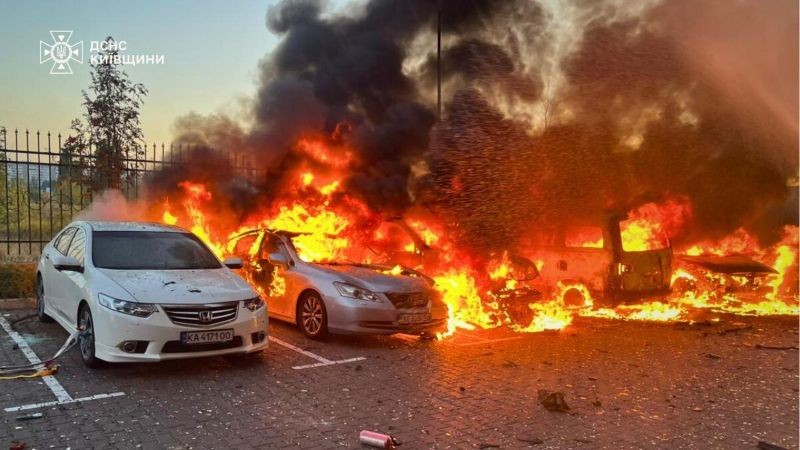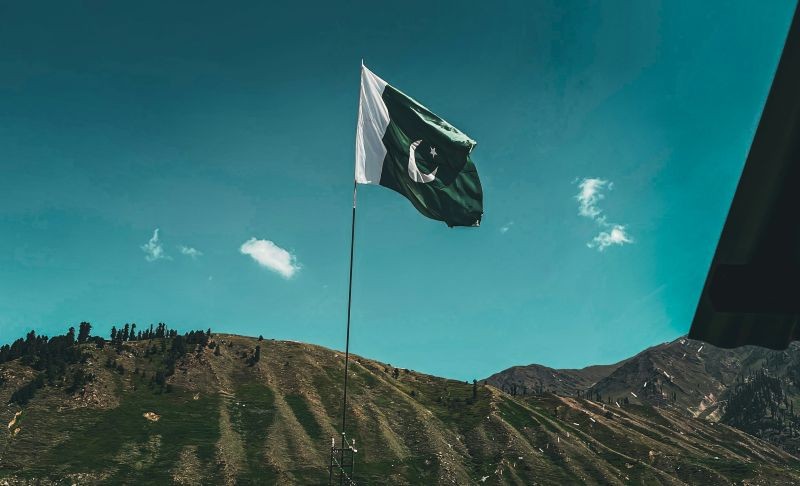Haiti: Deploy specialized force to take down gang violence, UN rights chief

New York: A specialized force must be deployed to urgently help Haitian authorities tackle a tsunami of gang violence, as rapes, sniper killings, and kidnappings become daily threats, the spokesperson for the UN rights chief said on Tuesday.
“We are gravely concerned that extreme violence continues to spiral out of control in Haiti,” said Marta Hurtado, spokesperson for UN High Commissioner for Human Rights (OHCHR), Volker Türk.
In the first two weeks of March alone, clashes among gangs left at least 208 dead, 164 injured, and 101 kidnapped.
Mirroring those grave concerns, UN Haiti issued a statement early Tuesday, strongly condemning the “extreme violence perpetrated by armed gangs”, and expressing its support for the Haitian people.
Action plan for support force
As ever more violent and frequent clashes between rival gangs in the capital city of Port-au-Prince and other regions are killing and harming hundreds and displacing thousands, she said the High Commissioner said action is needed now.
“We call on the international community to urgently consider the deployment of a time-bound specialized support force under conditions that conform to international human rights laws and norms, with a comprehensive and precise action plan,” she said.
The High Commissioner also urged Haitian authorities to address the grave situation.
“People must be able to return to their homes under safe and dignified conditions,” she said, calling on authorities to strengthen National Police capacities and undertake profound judicial reform, as well as involving more support from the international community.
Break cycle of violence
“To break the cycle of violence, corruption, and impunity, all those responsible, including those providing support and finance to the gangs, must be prosecuted and tried according to the rule of law,” she said. “The rights to truth, justice, and reparations of all victims must be fulfilled.”
The High Commissioner’s urgent call for action echoes pleas for increased assistance made on Saturday by a group of senior UN officials last week following a fact-finding mission to Haiti.
Snipers, rape, and kidnapping
Ms. Hurtado said that most victims were killed or injured by snipers who were reportedly randomly shooting at people in their homes or on the streets. Sexual violence is also used by gangs against women and girls to terrorize, subjugate, and punish the population.
Gang members frequently use sexual violence against abducted girls to pressure families to pay a ransom.
Students and teachers have been hit by stray bullets during gang confrontations and the kidnapping of parents and students in the vicinity of schools has surged, forcing many of them to close. Without the protective environment of schools, many children have been forcibly recruited by armed gangs, the High Commissioner’s spokesperson said.
Thousands displaced
“People are fleeing to escape the daily danger,” she said.
As of mid-March, at least 160,000 people have been displaced and are in a precarious situation, staying with friends or relatives and having to share meagre resources. A quarter of those displaced live in makeshift settlements, with very limited access to basic services such as drinking water and sanitation.
Chronic instability and gang violence have contributed to surging prices and food insecurity. Half of the population does not have enough to eat, and in some areas, such as Cité Soleil, hunger has reached particularly alarming levels, she said.
‘Wake-up call’ must be answered
During his visit to Haiti in February, rights chief Volker Türk issued “a wake-up call” to the international community that has yet to be acted upon, Ms. Hurtado said.
Given the grave situation, she stressed that “his recommendations are more urgent than ever”.



